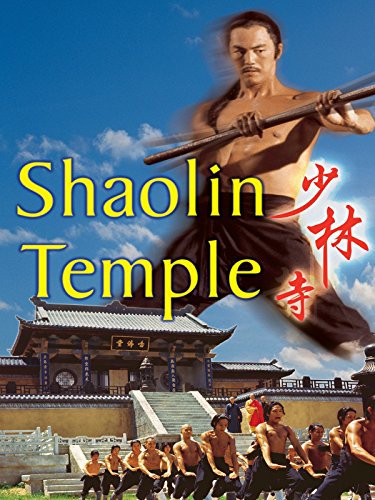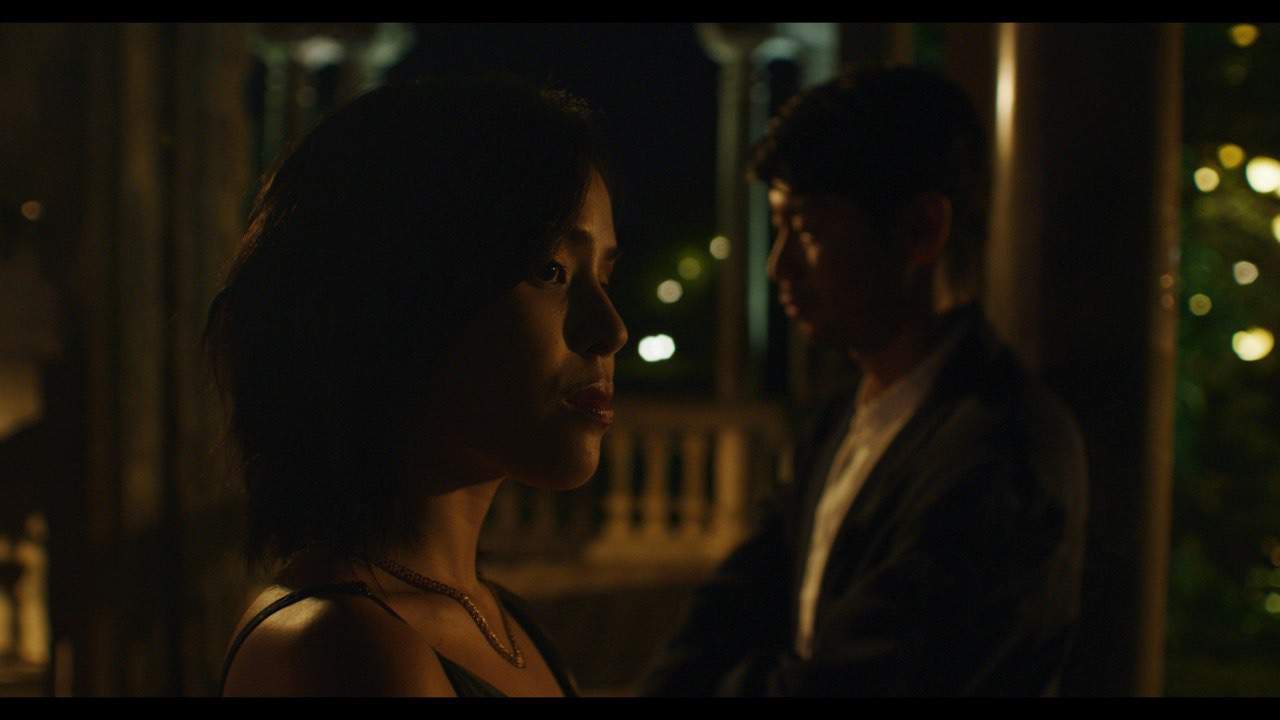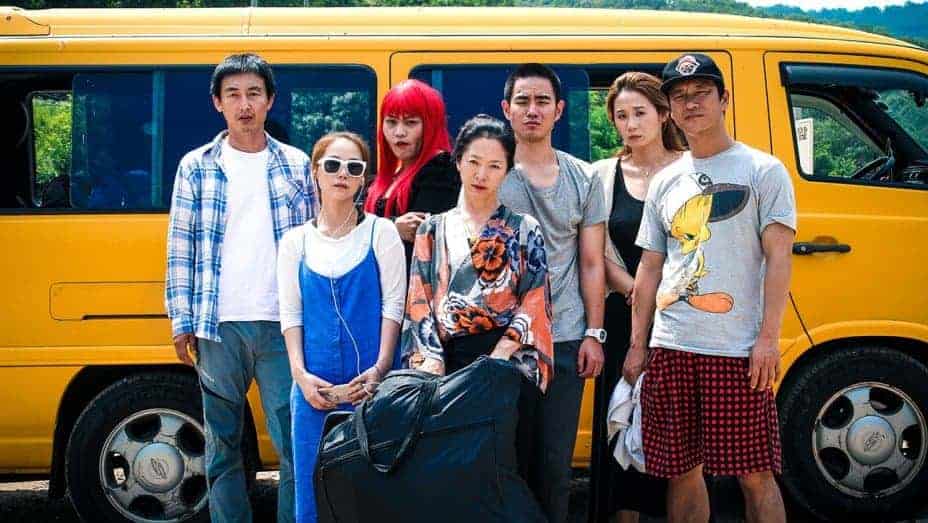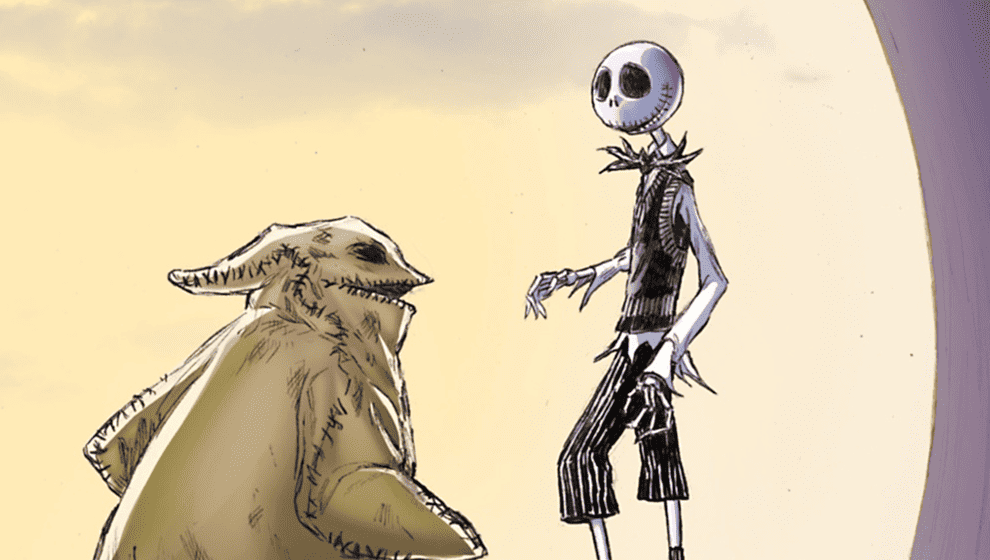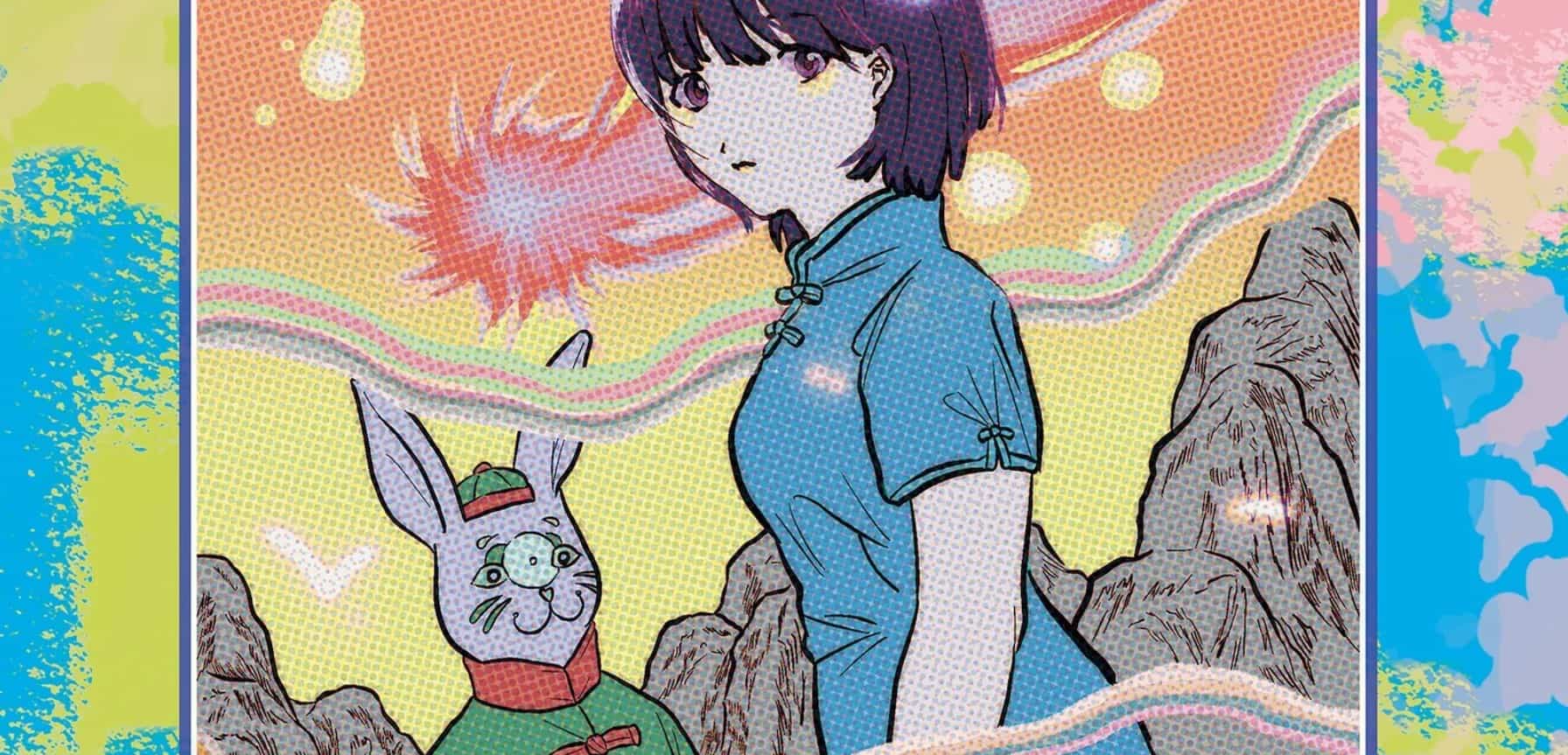Martial arts cinema and the Shaolin Temple have always been closely aligned, with numerous stories featuring both the Temple and those that passed through its walls. Any discussion of the best in this genre will inevitably feature Shaolin somewhere in the conversation. This version of “Shaolin Temple” gathers together the stalwarts of Chang Cheh's features in Ti Lung and David Chiang alongside those that would take on the mantle in Alexander Fu Sheng and Chi Kwan-chun. Also, we get outings for those that would make up the future Venoms. So, like the central narrative on one story ending but others beginning, it becomes a cinematic passing of the torch from one generation to the other Indeed, it was part of a cycle of Shaolin movies that Chang Cheh would explore these characters more in “Heroes Two”, Five Shaolin Masters” etc. With there being countless retellings of the temples last days, how does this hold up amidst it's contemporaries?
Buy This Title
on Amazon
The film recounts the final days of the Shaolin Temple. Recognizing the graveness of the circumstances in the world outside, the head abbot decrees that outsiders will be allowed to learn marital arts there so that the future of the Temple is maintained. Legendary figures such as Fong Sai Yuk (Alexander Fu Sheng) and Hung Hsi-kuan (Frankie Wei) are amongst the students that get accepted. Initially, for many of the students, the training methods are obscure, thought they eventually come to see the purpose. Several Ming soldiers including Tsai Te-Cheng (Ti Lung) Hu Te-ti (David Chiang) and Ma Fu-yi (Wang Lung Wei) also seek shelter within the Temple's confines which only adds to the Qing desire to bring the temple down. They already have spies in the Temple and a decision is made ultimately to destroy it and remove the threat it possesses.
One part that caught me by surprise was Wang Lung Wai on the side of good in the opening sequences. What is not a surprise is that his Ma Fu Yi soon turns to the dark side as he desires material wealth. This is not a spoiler in any way as it's telegraphed from the outset and this is Wang Lung Wai we're talking about here. The man was always the bad guy (even when playing a good one!) and he excels at it. There is a nice amount of arrogance in his portrayal and his interactions with Fu Shengs's Fong Sai Yuk are part of the highlights.
With so many in the cast, we are inevitably going to struggle with fully developed characters and so the film relies on a preconceived knowledge from the audience. Each actor is introduced along with the character that they are playing, and these characters form a part of the legend that was Shaolin. What we get is development through action as each one develops a particular skill that will pay off in the finale. It's a standard element of the Shaolin movies in that the students are assigned a duty that initially makes no sense, but ultimately leads them to become a master of the martial skill. Chang Cheh's themes of brotherhood and honour are very much at play here, it just feels that there is less interest in any depth, it's swift shades of movement to get to the next action scene. Some actors get more than others to do. I completely forgot that Yue Hua was in it at one point and Frankie Wei Hung as Hung Hsi-kuan also practically disappears for most of it only to run in and out during the final battle to remind us he's there. Fu Sheng gets the biggest arc as Fong Sai Yuk and was a role that would become identified with him as he was to play it several times afterwards. His brashness also brings some of the lighter moments and is evidence of how big a star he could have become if not for his unfortunate early passing.
When it comes in an epic final third, the action is spectacular. Paying off on the training sequences we get fluid, lengthy action that utilises the talents of the cast to the maximum. Ti Lung and Wang Lung Wei have a wing chun inspired due on the top of some stair, Kwok Choy gets an acrobatic spear duel and the Shaolin Wooden men also get an effective outing. For fans of old school martial arts movies, it is a feast for the eyes, even featuring the standard all the soldiers stand around doing nothing whilst the combatant's fight too!
The focus on action means that we probably don't pay as much attention to the actual direction and it is noticeable that there is less visual flourish than earlier Chang Cheh pieces and it's a case of placing the camera on the spot and letting the actors do their thing. Fortunately, with Shaw Brothers, their production values were always high, and the studio sets as always allow for an extra element of polish.
“Shaolin Temple” goes for epic but never quite reaches it. The action is spectacular if you, like me, enjoy the old school style and the training sequences are on a par with the best of them. What lets it down is an attempt to cram too many characters in and inevitably some are reduced to not much more than walk-on parts. If you are not familiar with the stories, then you might struggle to grasp some of the back story that is alluded to (Fong Sai Yuk in particular). Yet let that slide and you have a very entertaining action movie that serves as a bridge between one era of Chang Cheh's work and the next.



